The Commercial Clean Vehicle Credit offers businesses a valuable opportunity to save money when purchasing electric vehicles (EVs) for business use. This credit, introduced through the Inflation Reduction Act, can help businesses reduce the upfront costs of EVs, which are increasingly becoming essential for sustainable operations. In 2024, businesses can take advantage of this credit to invest in new or used clean vehicles, contributing not only to their bottom line but also to reducing their carbon footprint.
As the push for electrification continues, this tax credit is a way to encourage businesses to transition to environmentally friendly transportation options. Whether your business is considering a fleet of electric delivery vans or adding an EV to your company’s operations, understanding the ins and outs of this credit is essential to maximizing your financial benefits and staying competitive in a changing market.
What is the Commercial Clean Vehicle Credit?
The Commercial Clean Vehicle Credit is a federal tax incentive designed to help businesses transition to cleaner, more sustainable vehicles. Under this program, businesses can claim a tax credit for purchasing new or used electric vehicles (EVs), helping to reduce the overall cost of these vehicles and encouraging businesses to adopt environmentally friendly transportation.
For new EVs, businesses can claim up to $7,500 per vehicle, depending on eligibility. For used EVs, businesses can receive up to $4,000. The credit applies to a wide range of electric vehicles used for business purposes, including passenger vehicles, vans, and trucks, but there are important requirements to consider.
The credit is part of the broader push under the Inflation Reduction Act (IRA) to reduce carbon emissions and promote clean energy, which includes incentives for electric vehicles and related infrastructure, such as EV charging stations. The goal is to make EV adoption more accessible, especially for small and medium-sized businesses that may be hesitant to make the initial investment in electric fleets.
Businesses must meet specific criteria, including vehicle weight limits, model year, and the intended use of the vehicle. The credit can be applied to both direct purchases and leases of EVs. For companies looking to expand their electric fleets, this incentive can significantly reduce upfront costs, making it a powerful tool for sustainable growth.
Which EV Qualifies for Business Tax Credit 2024?
When claiming the Commercial Clean Vehicle Credit, businesses need to ensure that the electric vehicles they purchase meet specific requirements. In 2024, these rules have become more stringent, impacting which vehicles qualify for the full credit.

New Electric Vehicles (EVs)
For new EVs, businesses can claim up to $7,500 if the vehicle meets the following criteria:
-
Price Limits: The manufacturer’s suggested retail price (MSRP) must be below $55,000 for most passenger cars, with exceptions for vans, trucks, and SUVs, where the price limit is set at $80,000.
-
Weight and Use: The vehicle must weigh less than 14,000 pounds and be used primarily for business purposes. Commercial vehicles like delivery vans and cargo trucks that qualify may offer additional benefits.
-
Battery Requirements: The EV must meet certain battery and sourcing standards, particularly regarding the percentage of critical minerals sourced from the U.S. or its trade partners.
Used Electric Vehicles (EVs)
For used EVs, businesses can qualify for up to $4,000 if:
-
The sale price is $25,000 or less.
-
The vehicle model year is at least two years older than the year it is purchased (e.g., for a 2024 purchase, the model year must be 2022 or earlier).
-
The vehicle is primarily for use within the U.S.
Changes in 2024
In 2024, the eligibility requirements for EVs have become stricter. The inclusion of new battery sourcing rules means that only those EVs manufactured with compliant materials will be eligible for the full credit. This has reduced the number of EVs that qualify, particularly for the full $7,500 credit. However, as manufacturers adjust their supply chains to meet these requirements, more models are expected to become eligible later in the year.
Examples of Popular EV Models
Some vehicles from automakers like Tesla, Chevrolet, and Ford have qualified for the full tax credit in previous years and continue to be strong contenders in 2024. The Chevrolet Bolt EV, Tesla Model 3, and Ford F-150 Lightning are all examples of vehicles likely to qualify under the new rules, although the exact amount may vary depending on their sourcing and battery composition.
Key Requirements for Claiming the EV Tax Credit
To claim the Commercial Clean Vehicle Credit for a business, several important conditions need to be met. These requirements ensure that only qualifying electric vehicles (EVs) are eligible for credit and that businesses follow the correct procedures when applying.
Vehicle Eligibility
-
New and Used EVs: Businesses can claim credits for both new and used electric vehicles. However, each type has specific rules regarding vehicle price, model year, and usage.
-
Weight and Use: For a new EV, the vehicle must weigh less than 14,000 pounds. The business must use the vehicle primarily for business purposes, which is especially important for claiming the credit.
-
Price Limits: As previously mentioned, the MSRP of a new vehicle must be under $55,000 for most passenger cars and up to $80,000 for qualifying vans, trucks, and SUVs. For used EVs, the sale price must be $25,000 or less.
Documentation and Paperwork
-
Proof of Purchase: When claiming the tax credit, businesses must provide documentation that proves the purchase or lease of the EV, including the price, vehicle details (e.g., make, model, VIN), and the intended business use.
-
IRS Forms: The tax credit is claimed by filing the appropriate forms with the IRS, typically including Form 8936 for new vehicles or Form 1098-C for used vehicles. Make sure to retain all receipts and supporting documents related to the transaction.
Eligibility for Leased Vehicles
If your business opts to lease an electric vehicle, you can still benefit from the tax credit, although the amount may differ. In some cases, the leasing company claims the credit, but this should be reflected in your lease agreement.
Timelines
-
Businesses must file for the credit within the tax year in which the vehicle was purchased. It’s essential to know your tax deadlines and file accordingly to ensure the credit is applied in a timely manner.
By ensuring all documentation is in order and adhering to the criteria, businesses can easily navigate the process of claiming this valuable incentive and reduce the cost of adopting EVs.
How to Apply for the EV Business Tax Credit
To apply for the EV Business Tax Credit, businesses must follow several key steps. Here’s an outline of the process:
1. Ensure Your EV Qualifies
Before applying, confirm that your electric vehicle meets all the necessary criteria. For instance, the vehicle must be used for business purposes and fall within the prescribed price and weight limits. Additionally, the vehicle must meet battery sourcing requirements if it’s a new EV.
2. Gather Required Documentation
You’ll need to collect the following documents:
-
Proof of Purchase: Include receipts or contracts that show the price and vehicle details.
-
Vehicle Information: Have the vehicle's make, model, VIN, and weight on hand, as this will be required when filing.
-
Business Use Documentation: You'll need to demonstrate that the vehicle is used primarily for business purposes.
3. Complete the Necessary IRS Forms
The main form to file is IRS Form 8936 (for new vehicles). If you’re claiming the credit for a used vehicle, you might also need to submit additional forms, like Form 1098-C. Make sure to review the IRS guidelines for any specific forms that may apply to your situation.
4. File the Forms with Your Tax Return
Once the forms are completed, they should be submitted with your annual business tax return. The tax credit will be applied to reduce the amount of tax you owe for the year.
5. Consult a Tax Professional
Because the EV tax credit can involve complex calculations, especially when leasing or purchasing multiple vehicles, consulting a tax professional can help ensure that you’re applying correctly and maximizing your potential savings.
By following these steps, your business can successfully apply for the Commercial Clean Vehicle Credit and enjoy the benefits of going green. For more detailed guidance, you can check official IRS resources or consult with a tax expert.
Additional Incentives for Businesses
1. State-Level Incentives
Many states offer rebates, tax credits, and other benefits to businesses adopting EVs or installing charging infrastructure. These can include cash incentives or tax credits for vehicle purchases and energy efficiency improvements.
2. Federal Grants for Charging Stations
Federal programs, such as the National Electric Vehicle Infrastructure (NEVI) program, provide grants to help businesses install EV chargers, reducing installation costs.
3. Local Incentives
Local governments may offer perks like EV-only parking spaces, free parking, or access to HOV lanes. These vary by region but can significantly benefit businesses that invest in EVs.
4. Vehicle Leasing Incentives
Some programs provide rebates for businesses that lease EVs, reducing upfront costs and making EV adoption more affordable.
5. Federal Energy Efficiency Programs
Federal incentives for energy efficiency can also be applied to EV adoption, helping businesses lower energy costs while supporting sustainability.
Conclusion
The Commercial Clean Vehicle Credit offers businesses a significant opportunity to save on the costs of transitioning to electric vehicles, making EV adoption more accessible and financially feasible. In 2024, both new and used electric vehicles qualify for the credit, with important eligibility requirements that businesses must meet to maximize their savings.
Alongside this federal tax credit, there are additional incentives available at the state and local levels, along with federal programs that support the installation of EV charging infrastructure. By taking advantage of these incentives and carefully following the application process, businesses can not only reduce their carbon footprint but also benefit from significant cost savings, making the shift to cleaner transportation more affordable.
Related: Commercial EV Chargers: Boost Profits and Meet Diverse Business Needs

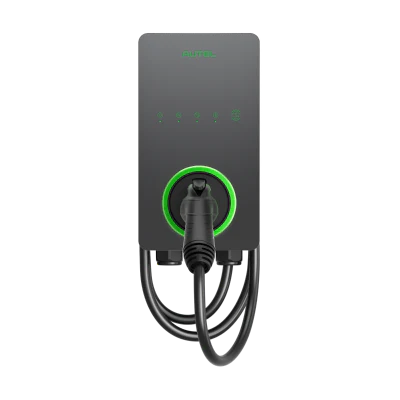
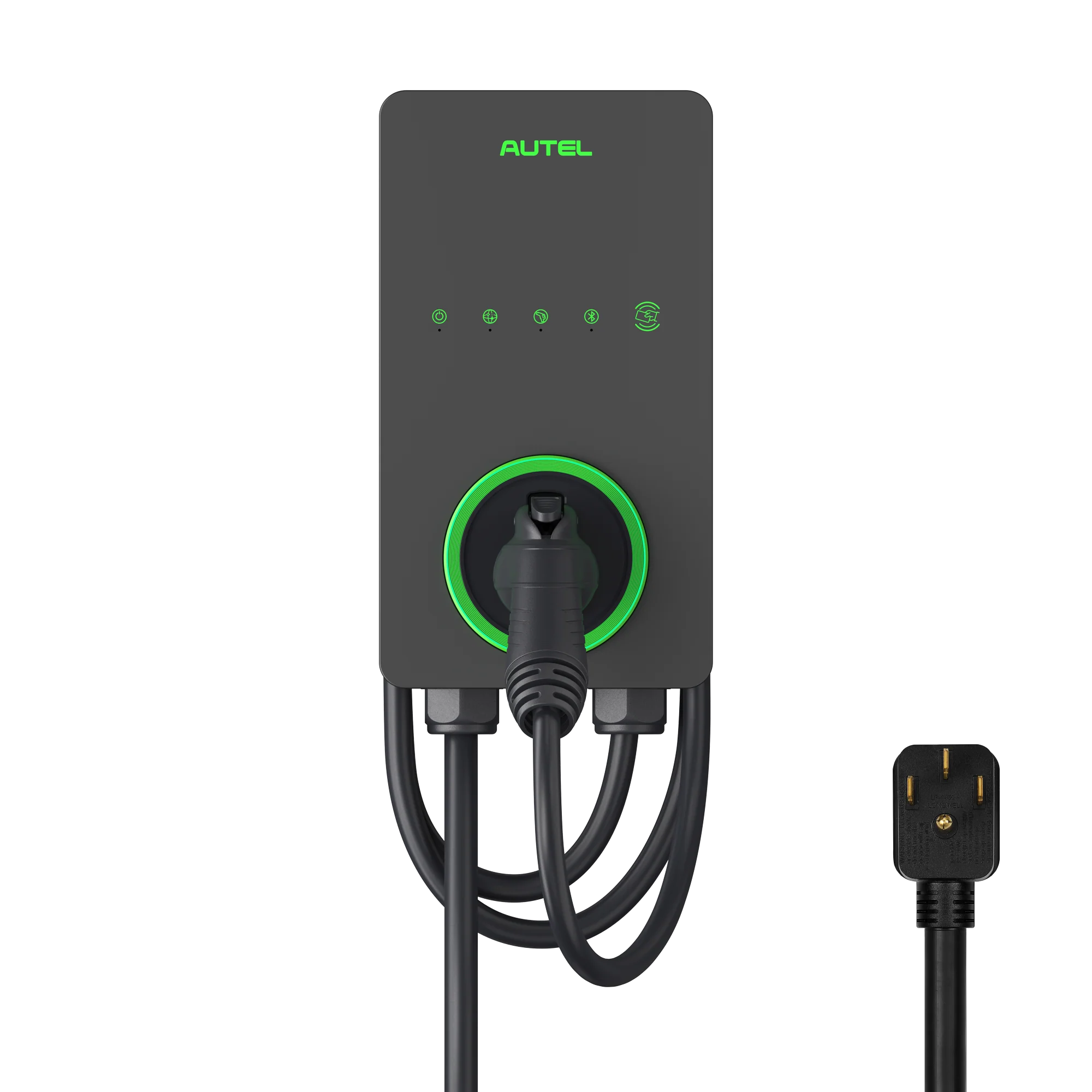
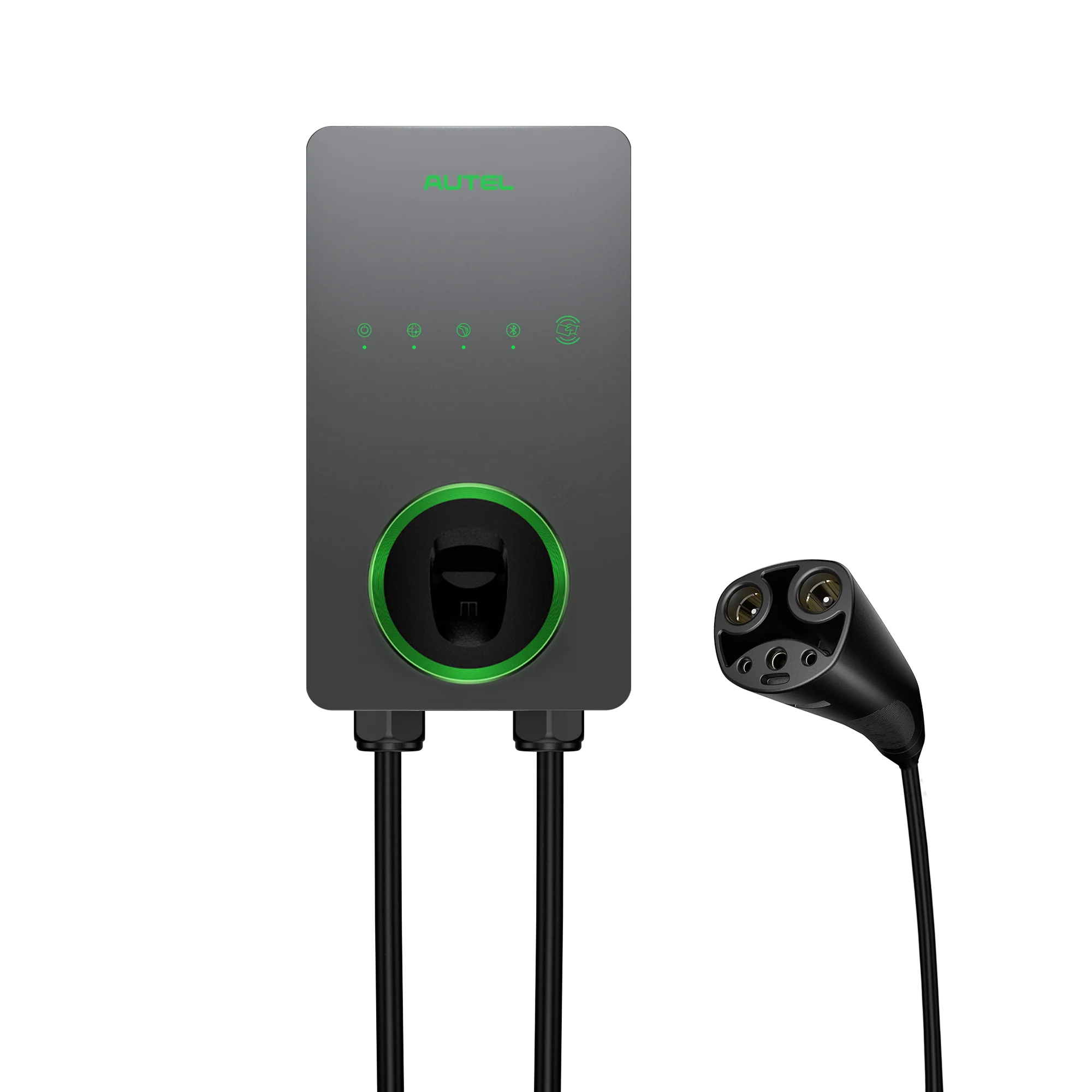
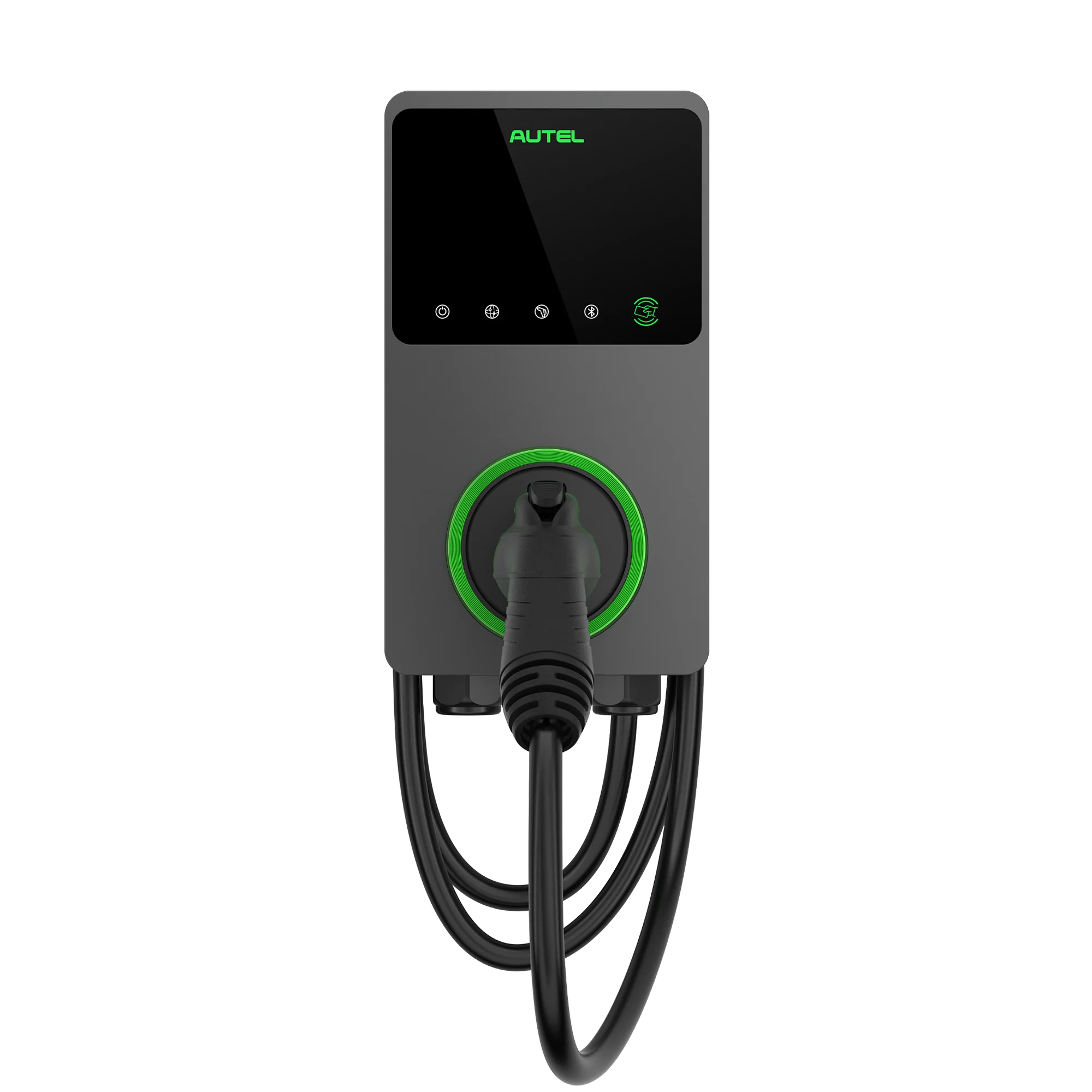
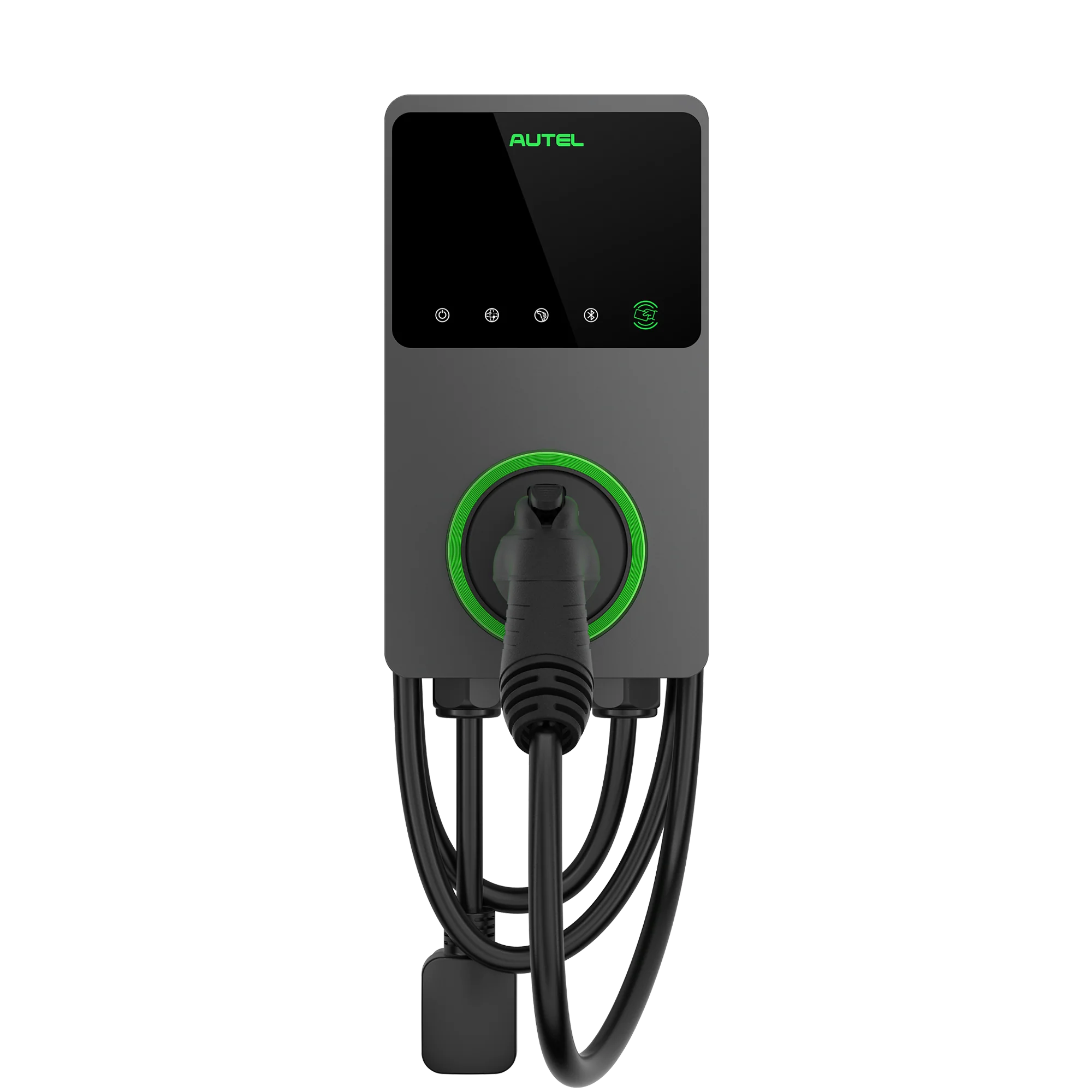
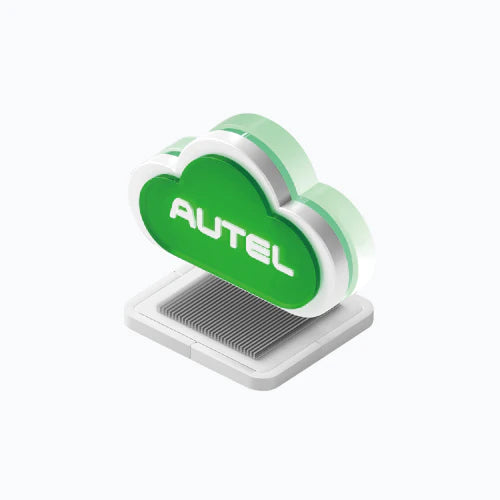
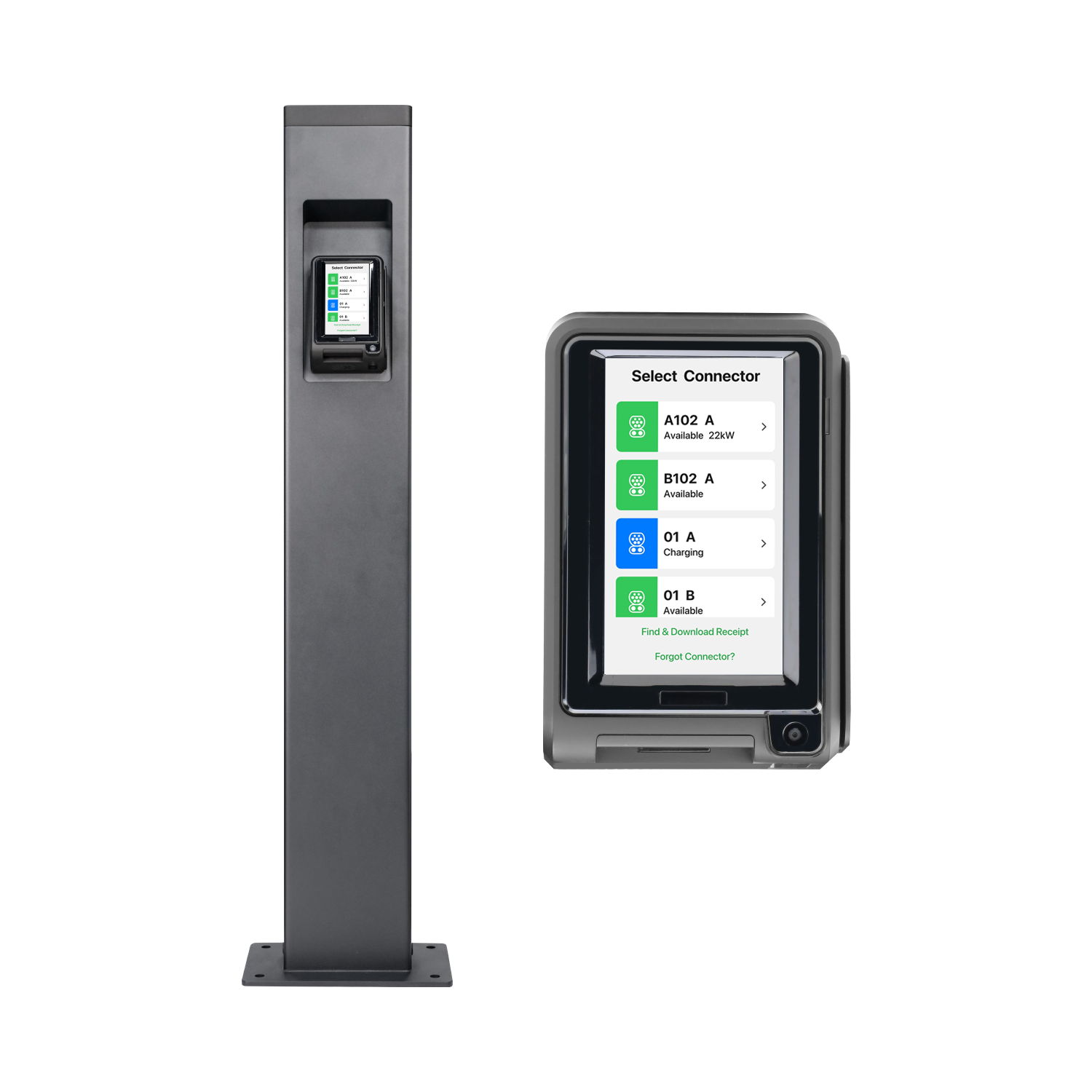
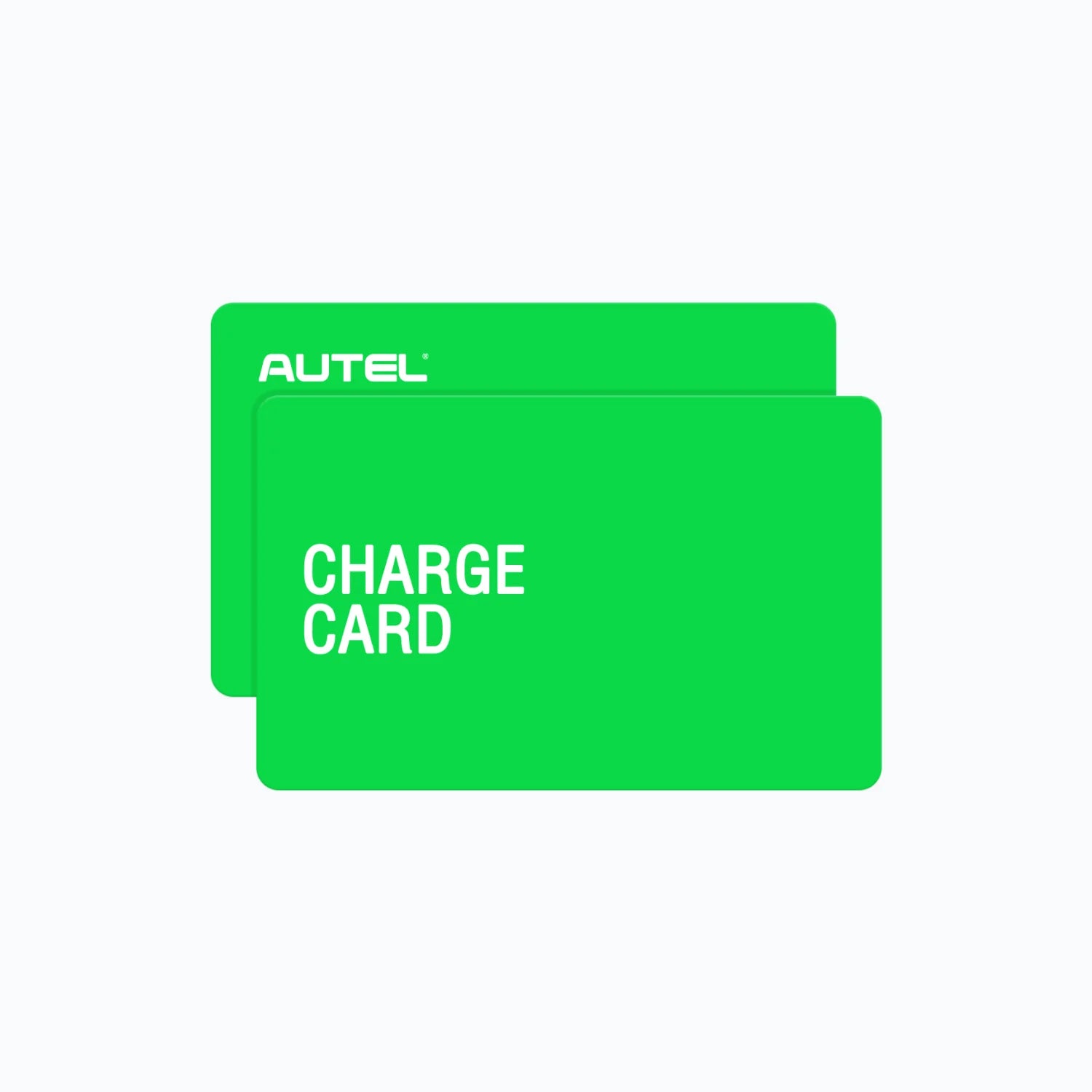
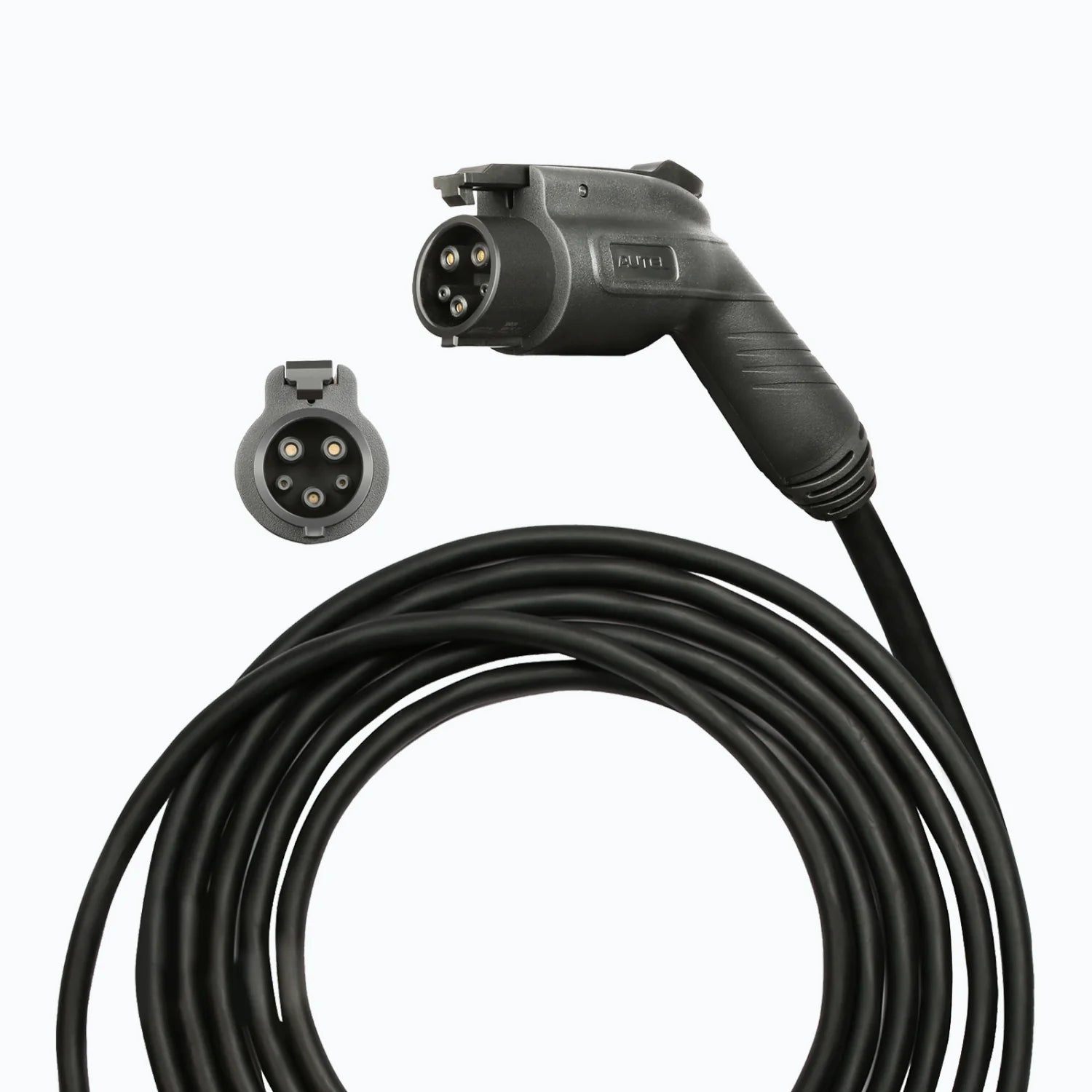
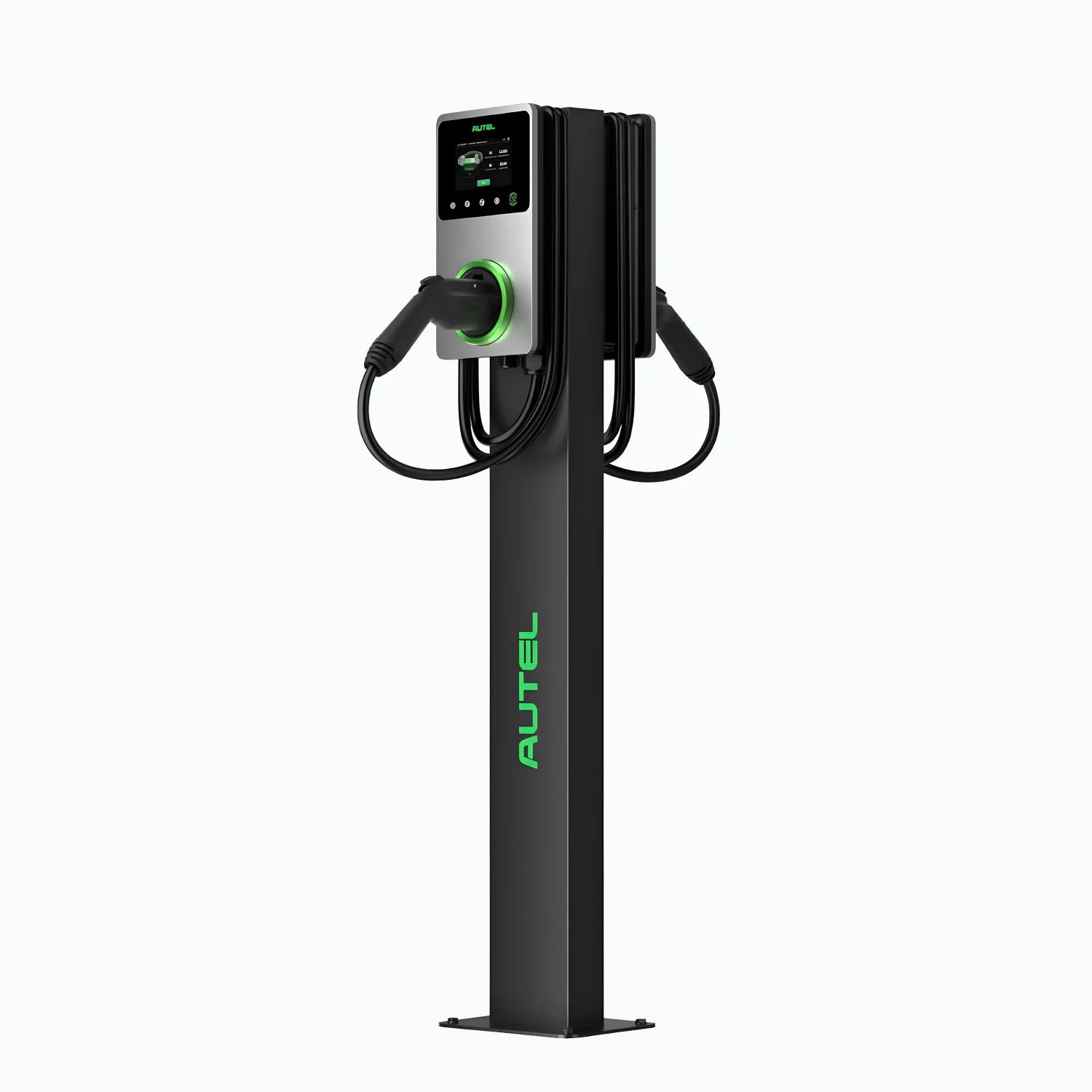
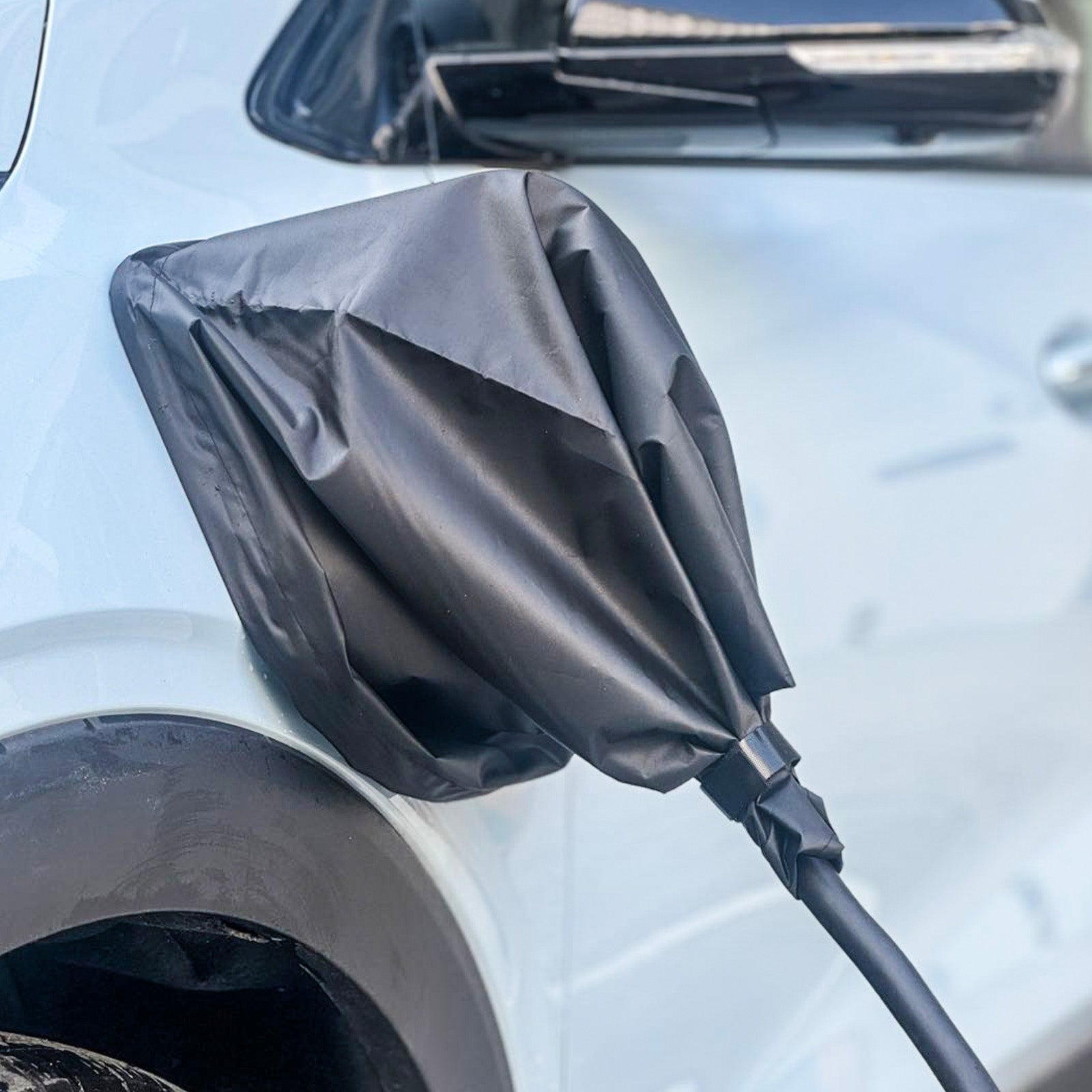
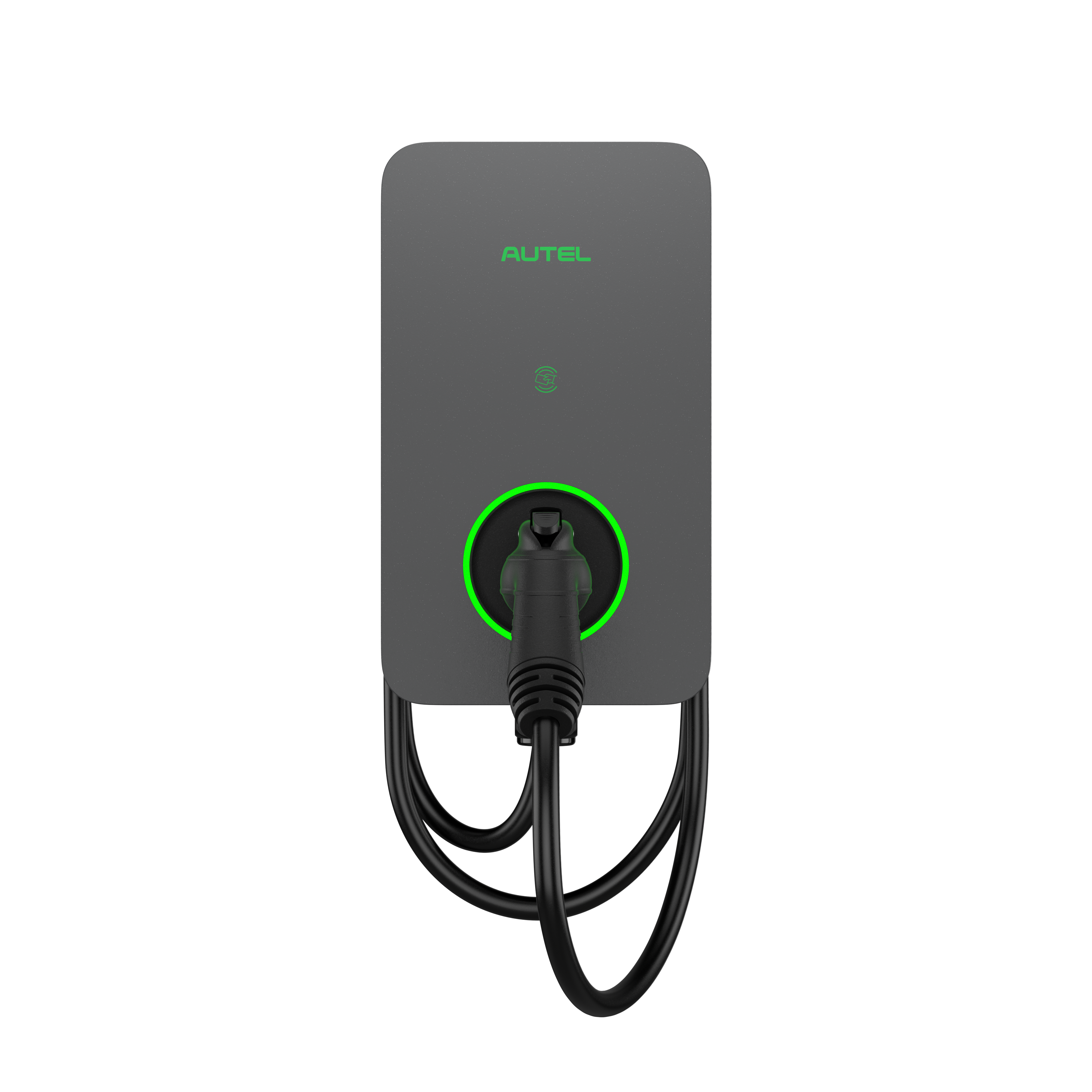
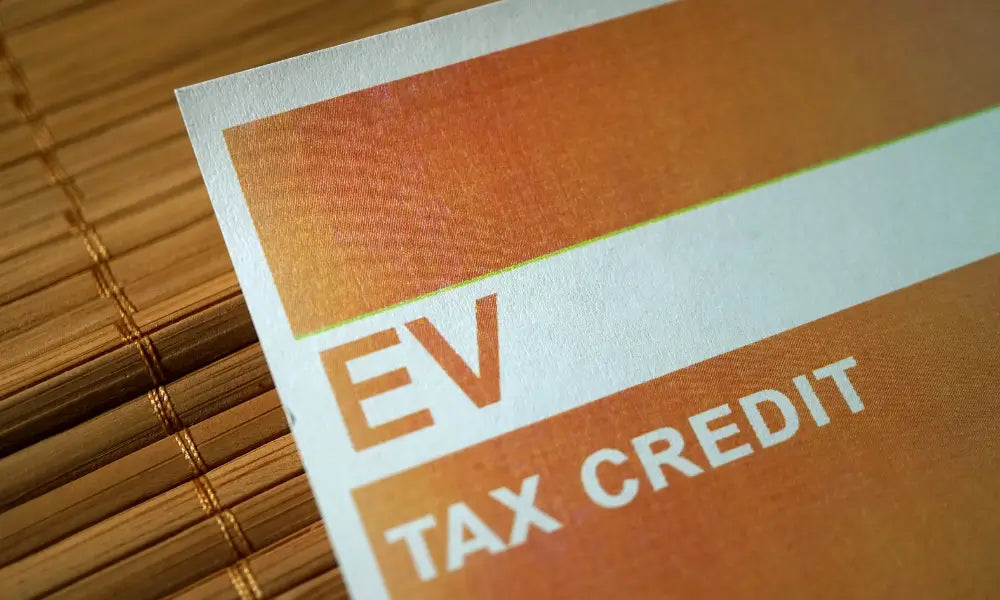
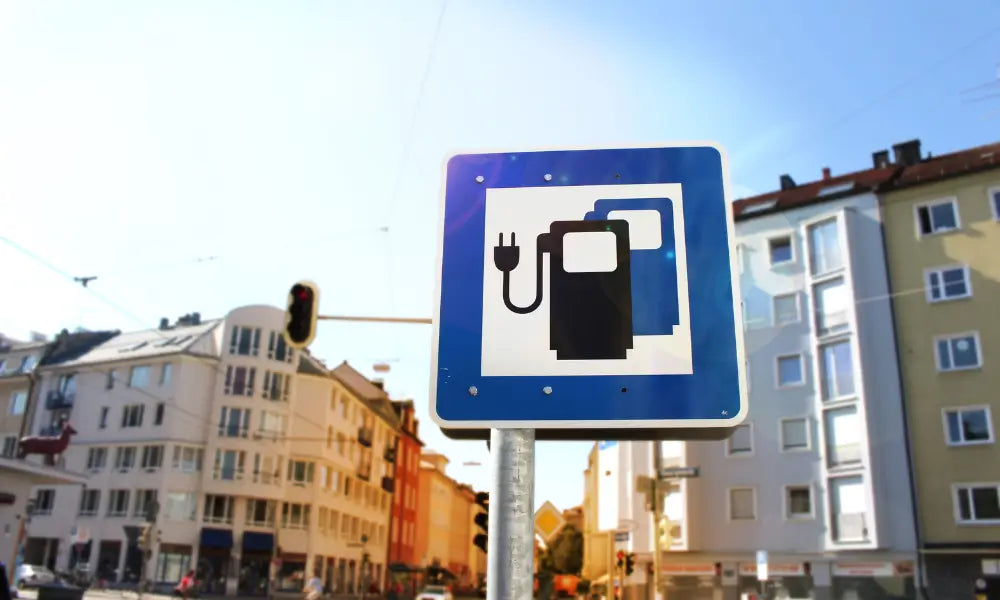

Laisser un commentaire
Tous les commentaires sont modérés avant d'être publiés.
Ce site est protégé par hCaptcha, et la Politique de confidentialité et les Conditions de service de hCaptcha s’appliquent.